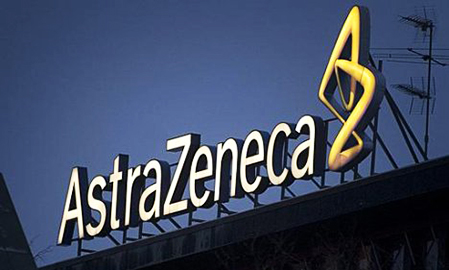AstraZeneca CEO Pascal Soriot, set to address the crowd Tuesday afternoon at the JP Morgan Healthcare Conference in San Francisco, decided to prime his address with a press statement: things are looking good in the firm’s pipeline.
The company said in a statement that AstraZeneca has made what it called “good progress” on its pipeline, particularly in oncology, cardiovascular/metabolic and respiratory, inflammation and autoimmune diseases.
Ten of the company’s potential drugs are of particular interest to Leerink Partners analyst Seamus Fernandez, who wrote in a research note that he thinks AstraZeneca “is on the cusp of evolving” and is set to become “a leader in biologics and specialty care with particularly exciting opportunities in oncology and immuno-oncology as well as respiratory biologics.”
Immuno-oncology is the hot-button category of late, and one that appears to have a few “surprise” contenders, such as Merck, which is a case in which analysts like the drug, but question the company’s ability to run with it, and Bristol-Myers Squibb, which, like Merck and other peers, had retrenched and decided to make oncology a major focus.
Acquiring Amplimune in August has helped speed AstraZeneca into the cancer space, including the PD-1 monoclonal antibody called AMP-514 and several pre-clinical B7 pathway treatments, and Leerink’s Fernandez says the company could have seven new oncology drugs approved over the next five years. He considers the biopharma a “dark horse” in the immuno-oncology space.
Jefferies analyst Jeffery Holford has some reservations about AstraZeneca’s PD-1, though, and wrote in a Monday research note that he’s concerned about its tolerability profile because of an approach that combines an anti-PD-1 and CTLA4. BMS is pursuing a similar strategy, which also gives the analyst pause.
Although a fan of AstraZeneca’s oncology position, Fernandez writes that the drugmaker also has significant potential in the respiratory space, a category he considers “maybe AZN’s most under-appreciated asset.” Fernandez says subsidiary Medimmune has two late-stage assets—benralizumab and tralokinumab—which could set the company up for sales of $1.8 billion in 2026.







